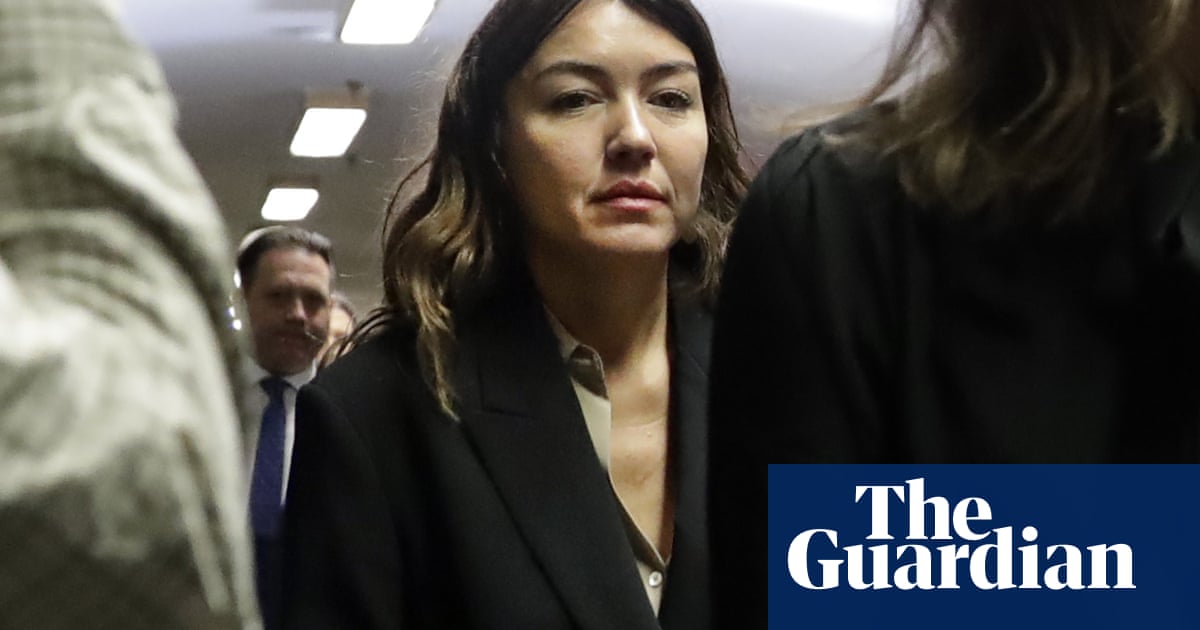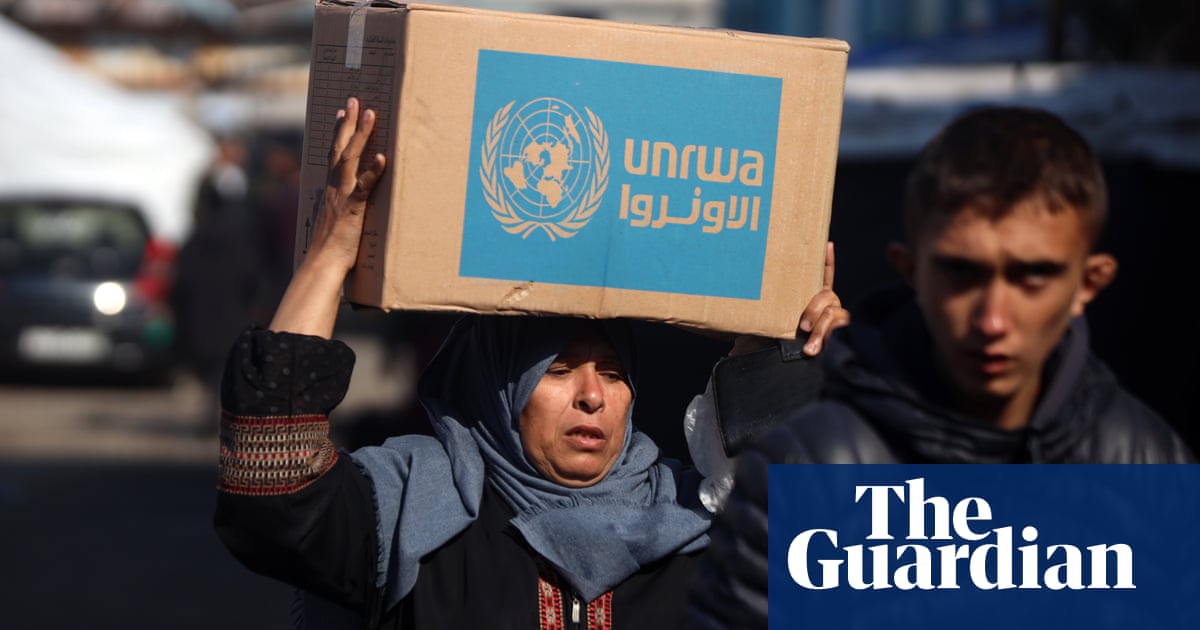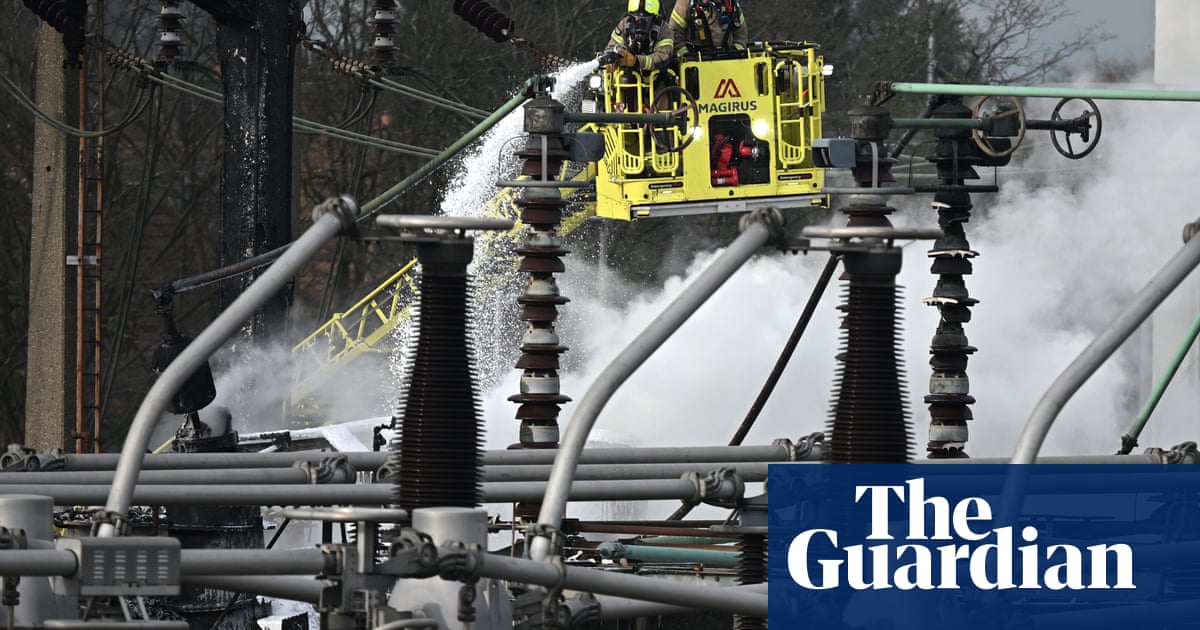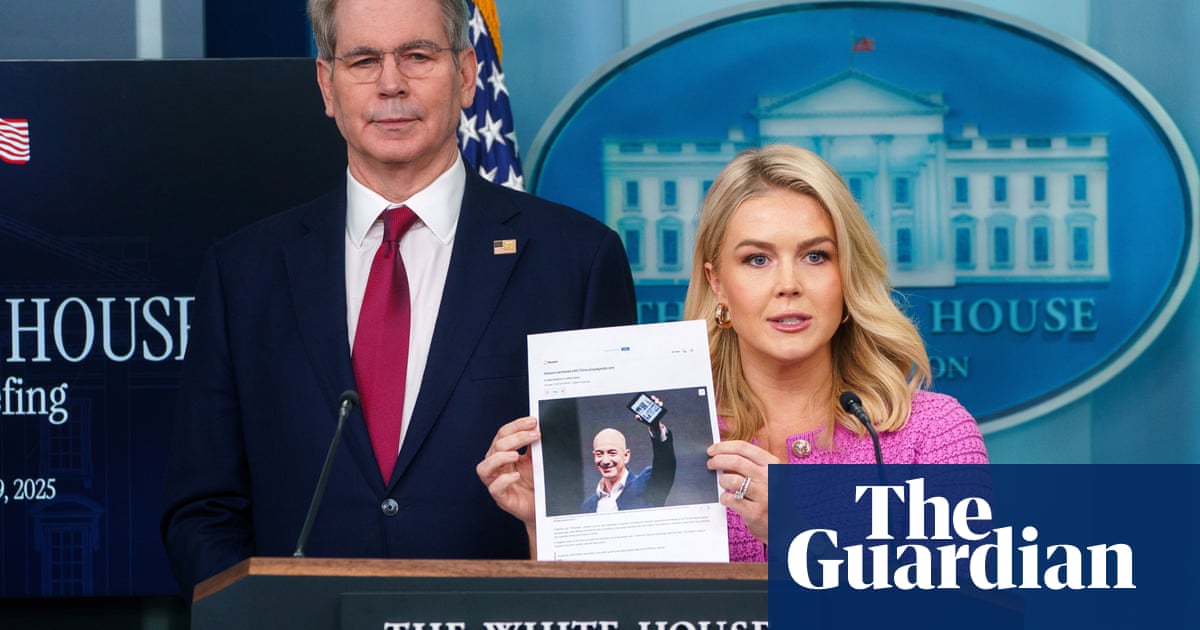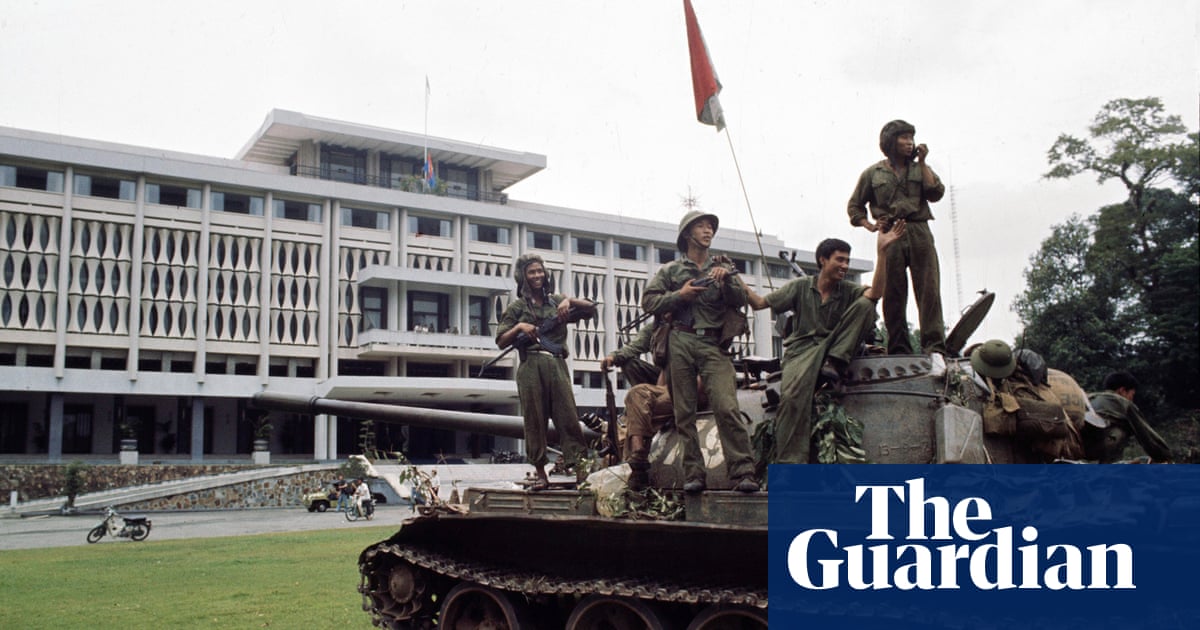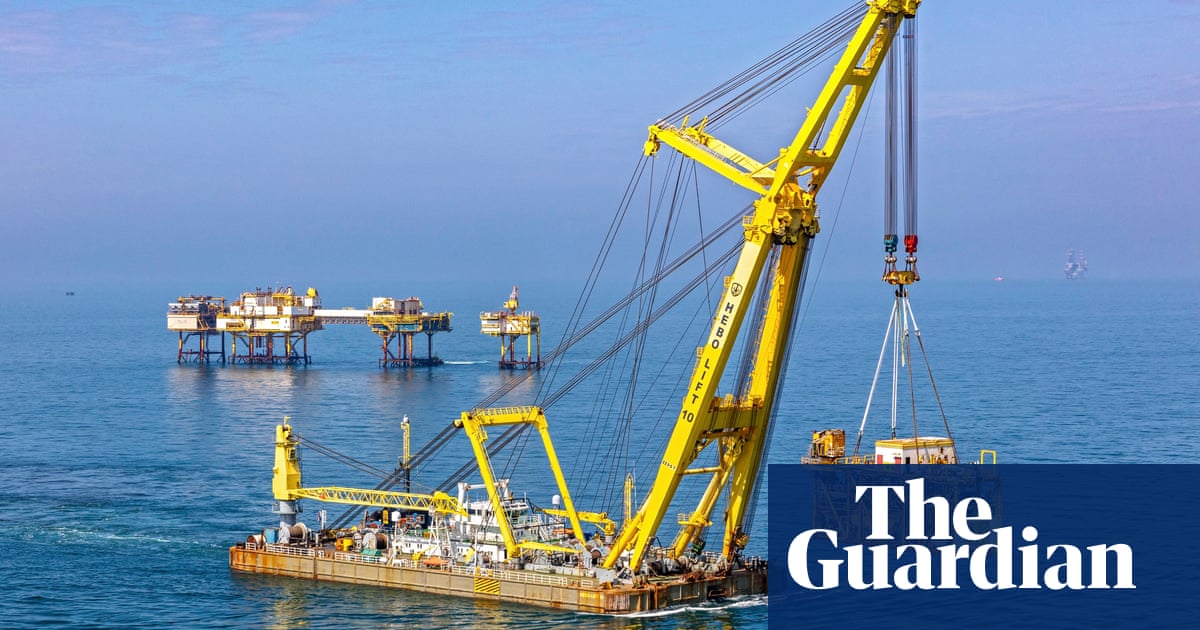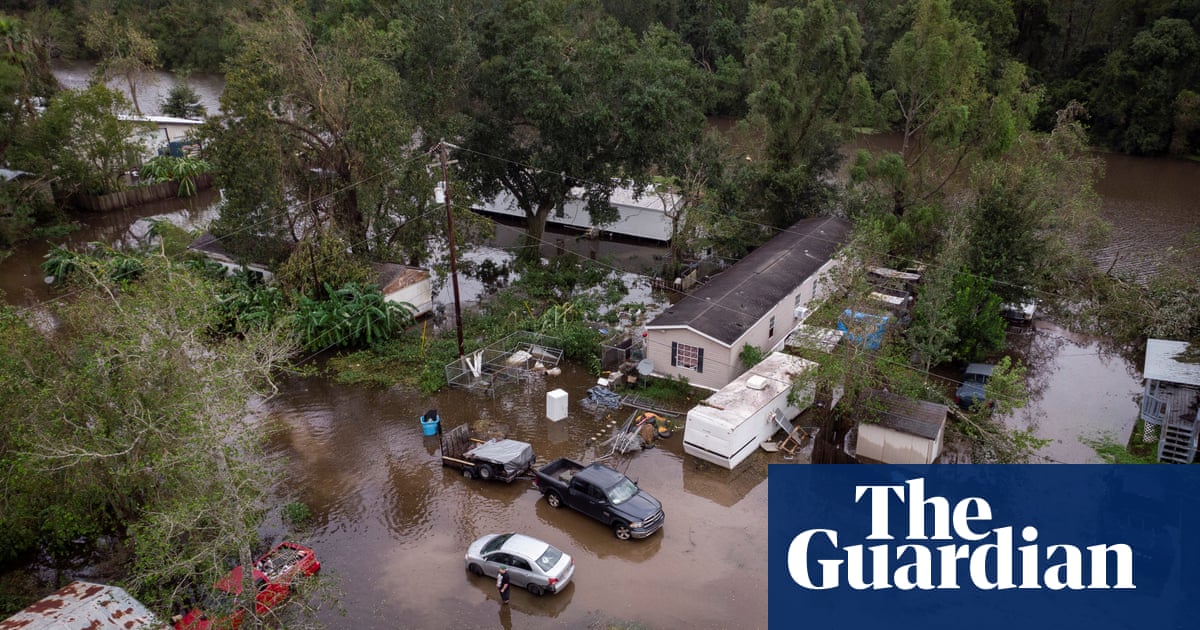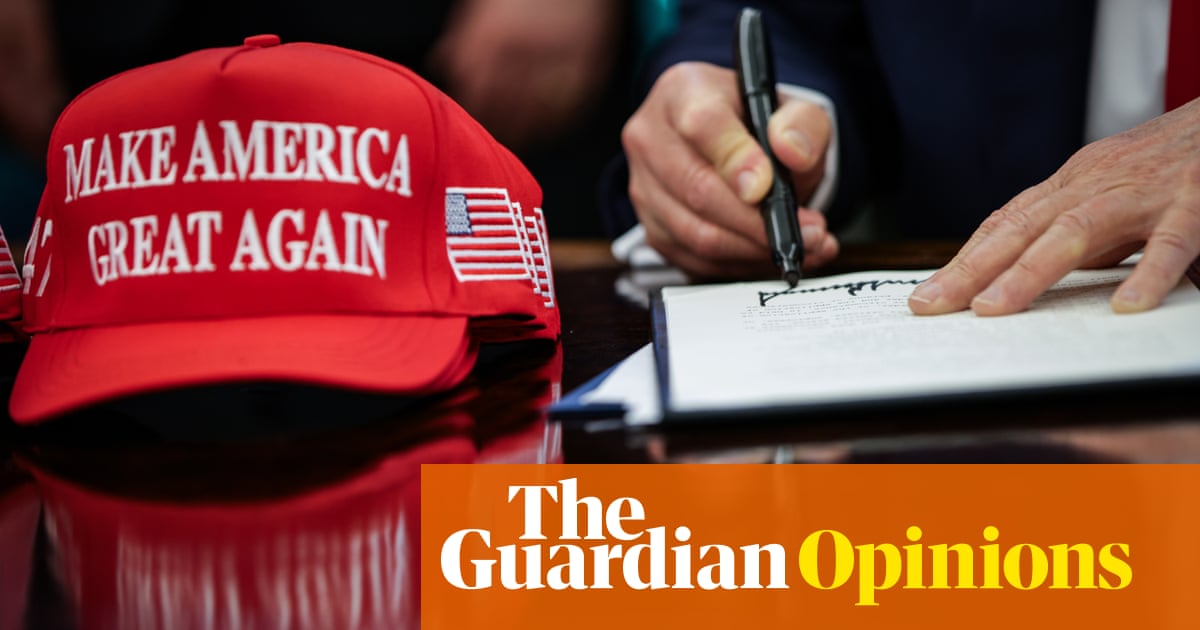Neiyerver Rengel’s captors came one sunny spring morning, lurking outside the apartment he shared with his girlfriend and pouncing as soon as he emerged.
The three government agents announced the young Venezuelan man had “charges to answer” and was being detained.
“Everything’s going to be OK,” the man’s girlfriend, Richely Alejandra Uzcátegui Gutiérrez, remembers the handcuffed 27-year-old reassuring her as she gave him one last hug.
Then Rengel was put in a vehicle and vanished into thin air: spirited into custody and, his family would later learn, dispatched to a detention centre notorious for torture and inhuman conditions hundreds of miles from home.
“We have to take him,” Uzcátegui recalls one officer saying before they left. “But if this is a misunderstanding, he’ll be released and given a phone call to contact you.”
That call never came.

The scenes above might have played out in any number of Latin American dictatorships during the 20th century, from Gen Augusto Pinochet’s Chile to Gen Jorge Rafael Videla’s Argentina. Thousands of regime opponents were seized at home or on the street – and slipped off the map, becoming “desaparecidos” (the disappeared ones).
But Rengel’s disappearance took place on 13 March this year in Donald Trump’s US, where what campaigners call the “forced disappearance” of scores of Venezuelan migrants has fuelled fears of an authoritarian tack under a leader who vowed to be a dictator “on day one” of his presidency. Those fears intensified on Friday amid reports that a judge had been arrested by the FBI for supposedly helping “an illegal alien” evade arrest.
Juanita Goebertus, Human Rights Watch’s Americas director, said she had no hesitation in calling the detentions of those Venezuelans enforced disappearances. “Under international law, when someone is detained and there’s no account of where the person is, it amounts to enforced disappearances – and this is exactly what has happened,” she said.

For five weeks after Rengel’s detention in Irving, Texas, relatives remained in the dark over his whereabouts. His brother, Nedizon León Rengel, said he spent hours calling immigration detention centres but failed to get clear answers. “They told us he’d been deported but wouldn’t say where,” recalled Nedizon, who migrated to the US with his brother in 2023.
Finally, on 23 April, came the bombshell: a report on NBC News said Rengel was one of at least 252 Venezuelans who had been flown to authoritarian El Salvador and jailed for supposedly belonging to the Tren de Aragua (TdA), a Venezuelan gang that Trump’s administration has designated a foreign terrorist organisation.
“Finding out through the news was devastating. But the worst part was having to tell my mum,” said Nedizon. “Before I came here, the US represented a land of opportunity – a place to fulfil dreams and improve our quality of life … Now it feels like a nightmare. Human rights aren’t even being respected any more – not even the right to make a phone call, which is guaranteed to anyone who is detained.”
Rengel was not the only Venezuelan to disappear after being ensnared in Trump’s crackdown on immigrants he has repeatedly smeared as rapists, murderers and terrorists who have supposedly launched an “invasion” of the US.
Ricardo Prada Vásquez, 33, was apprehended in Detroit in mid-January, days after sending his brother a video showing the Chicago snow – a magical moment for a man raised on Margarita, a sun-kissed Caribbean island, who had never seen a northern winter.
On 15 March, Prada told a friend he was being deported to Venezuela – but he never arrived. Nor was Prada’s name on a list published five days later by CBS News identifying 238 Venezuelans deported to El Salvador’s “terrorism confinement” prison. (Rengel was also not on the list. US and Salvadoran authorities have refused to publish a register of the prisoners’ names.)
For the next five weeks, Prada’s relatives – who deny he is a criminal – also had no idea where he was.

“It’s mentally exhausting to be constantly thinking about how he is and what he’s going through,” his brother, Hugo Prada, said from Venezuela. Only last Tuesday, after Prada’s story was featured in the New York Times, authorities did confirm where he had been sent.
“This TDA gang member didn’t ‘disappear’. He is in El Salvador,” Tricia McLaughlin, a Department of Homeland Security (DHS) assistant secretary, wrote on X, claiming Prada had been “designated a public safety threat”.
Prada defended his brother, a former shoe salesman he described as a laid-back, hard-working quipster who migrated to the US last year hoping to provide a better future for his four-year-old son, Alexandro, who still lives on Margarita. “Dammit, he went [to the US] in search of a better life and what he got was this disaster,” said Prada, insisting his sibling was innocent.
Before Prada’s detention, he held near-daily video calls with his child. In recent days, Alexandro has repeatedly asked relatives why he can no longer speak with his father. “They say he’s working,” said Hugo, voicing shock that people could vanish into custody in the US.
“It’s unbelievable that they just grabbed them and sent them to a concentration camp for them to die, just like Hitler did with the Jews,” Prada added. “[The US is] a democratic country – and it’s as if we’ve gone 50 or 100 years back in time.”

Nelson Suárez, the brother of a third Venezuelan jailed in El Salvador, said the treatment of the detainees – some of whom have been paraded on television with shaved heads and in shackles – reminded him of how the Venezuelan dictator Nicolás Maduro dealt with his foes. “[They are doing] the same thing they do in Venezuela when they capture a political prisoner. They lock them up and disappear them – and nobody hears anything more from them until the government feels like it,” said Suárez, whose brother, Arturo Suárez, is a musician with no criminal background.
The wave of detentions and disappearances has devastated the US’s Venezuelan community, which has swelled in recent years as a result of the South American country’s economic collapse.
“The community lives in uncertainty and in terror,” said Adelys Ferro, who runs the Venezuelan American Caucus advocacy group. “People are petrified. They are thinking: ‘What if I am next? What if they stop me? What is going to happen?’
“Even people with documents are terrified. Even people with green cards are terrified,” added Ferro, a Venezuelan-American who has lived in the US for 20 years. “This is something that shouldn’t be happening anywhere in the world, much less – for Christ’s sake – in America.”
Six weeks after federal agents seized her hairdresser boyfriend outside their home in Irving, Texas, Uzcátegui said she was still not convinced she knew the full truth about his plight, despite the DHS admitting last Tuesday that he had also been sent to El Salvador.

Without offering evidence, McLaughlin told NBC News Rengel was “an associate of Tren de Aragua … a vicious gang that rapes, maims, and murders for sport” – a claim relatives reject. Rengel’s only run-in with the law appears to have been being last year fined $492 after he was stopped in a co-worker’s car in which police found a marijuana trimmer.
“To me, he’s still missing. This doesn’t give me peace of mind,” Uzcátegui said of the government’s admission. “Because there’s no record, no photo, no phone call. I insist – he’s still missing.”
Even families who now know their loved ones were sent to El Salvador do not know how they are, in which prison they are being held, what charges, if any, they face, or how long they may be held there.
“On one hand I feel a little bit calmer knowing that he’s somewhere and he’s not dead. But what situation awaits us? What comes next?” wondered Hugo Prada, who had no idea what charges his brother was facing or how long a sentence he could face.
Ferro vowed to continue denouncing the “nightmare” such families were facing. “It is exhausting, and so painful and disheartening. But that pain is not going to make us cease fighting for justice, that’s for sure,” she said.
Speaking from her home in Venezuela, Rengel’s 50-year-old mother, Sandra Luz Rengel, recalled begging him “from the bottom of my heart” not to travel to the US. But he was unmoved – and now he was lost.
“Not knowing anything about him is outrageous,” she said. “And there’s nothing I can do.”

.png) 7 hours ago
4
7 hours ago
4

